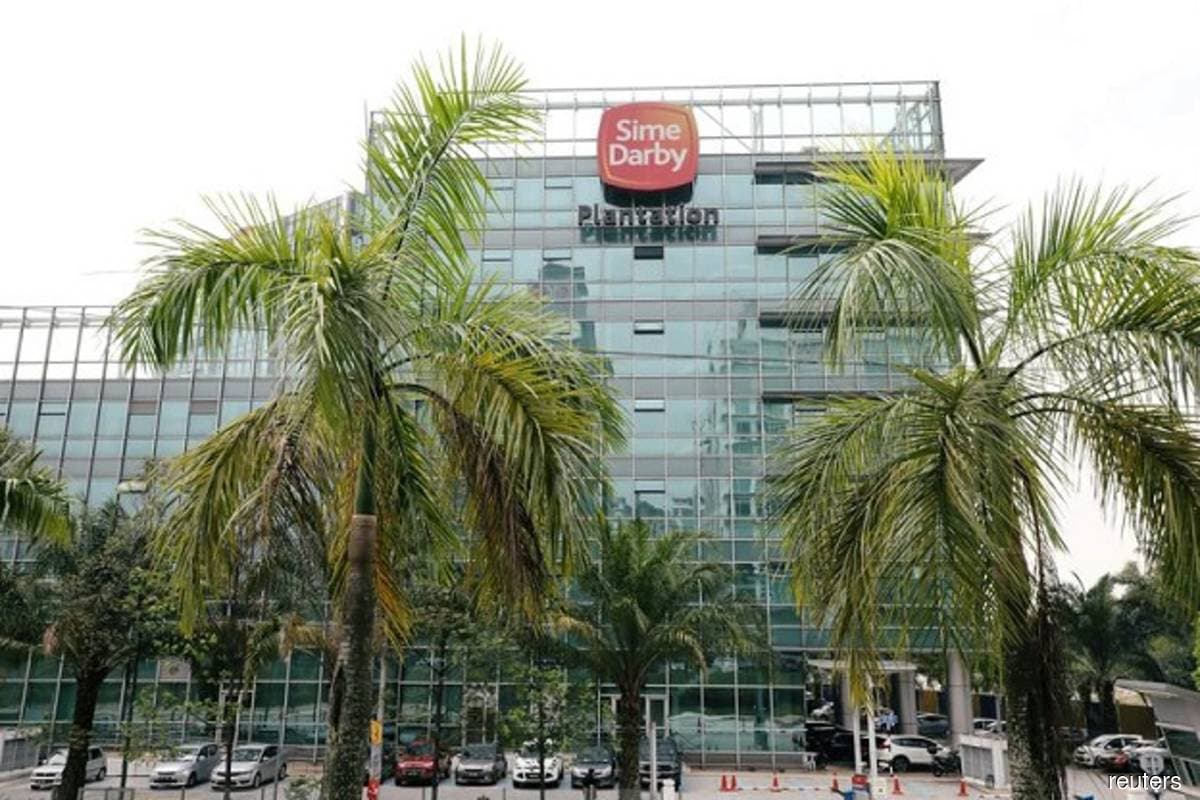
KUALA LUMPUR (April 21): Sime Darby Plantation Bhd (SDP) expects to deliver its impact report submission to the United States Customs and Border Protection (CBP) — which will go towards lifting the Withhold Release Order (WRO) imposed on the company since December 2020 — by the end of this month.
SDP group managing director Mohamad Helmy Othman Basha admitted that the group missed its original targeted timeline to submit the report, which was previously set for the end of the first quarter of 2022.
“It is delayed but I am happy to say that we are ready to submit it by the end of April. We have also made a few announcements on the works, given the delay due to Covid, as all the works involved had to be done physically, like the assessments whereby our people and the assessors had to travel.
“Otherwise, it would have been completed earlier and we could have submitted faster,” he said at a Zoom webinar titled “Ban (Findings) Issued by the US CBP on Sime Darby Plantation — Sharing Our Experience” which was hosted by the Malaysian Palm Oil Council.
Mohamed Helmy said the last 12 months have been an enriching experience, with many lessons learned.
He highlighted that the International Labour Organization's (ILO) 11 forced labour indicators do not clearly define what each indicator means.
“It is a journey for us and I believe it is a journey for Impactt Ltd too, because this is the first time they are working with or advising a plantation company. Having said that, learning what we have learned for the past 12 months, I do not think any society, be it a developed society or otherwise, is free of all the 11 ILO indicators.
“However, the issue that we are talking about is very specific to us. Hence, we are the ones that have to deal with it — having been slapped with the WRO and its findings — so we have to lead the way and solve this problem. We hope that us making the changes will also move the plantation industry to change and maybe other industries too,” he said.
SDP chief financial officer Renaka Ramachandran, who was also present, concurred, further saying that the CBP does not give any guidelines, instructions or indications of how the order would be lifted.
“It is basically getting the assessments done and reporting the current conditions on whether there are ILO indicators on the ground. They will review it and they will revert if they have got questions. They may ask for documentation and that is a process that you need to go through,” she said.
Renaka added that there was little communication between SDP and US CBP prior to the imposition of the WRO.
“After the WRO was imposed, the CBP’s view was that we should get the assessments done, submit it.
“And obviously post-finding, we had a few engagements and post the submission again, the messaging was more or less the same, whereby we need to get the submission done and of course post-submission, there will be a lot more engagements obviously,” she said.
“And obviously [after the WRO was imposed], we had a few engagements. The messaging was more or less the same, [that] needed to get the submission done. There will be a lot more engagements,” she said.
Prior to this, a WRO was issued to SDP on Dec 16, 2020, which gives an importer up to three months to prove that there are no indications of forced labour, and is even given an option to re-export the goods brought into the US.
The WRO issued in Dec 2020 was for palm oil, including all crude palm oil and palm kernel oil and derivative products, made wholly or in part with palm oil traceable to SDP.
Despite SDP’s cooperation with the CBP, the plantation group was issued a notice of finding — which enables the US authorities to seize the importer’s goods upon entry into the US — on Jan 27, 2022.
SDP shares closed nine sen or 1.69% lower at RM5.25 on Thursday (April 21), giving the plantation group a market capitalisation of RM36.31 billion.